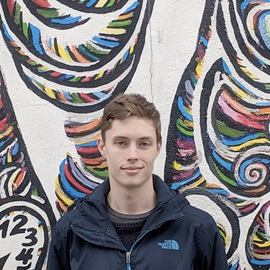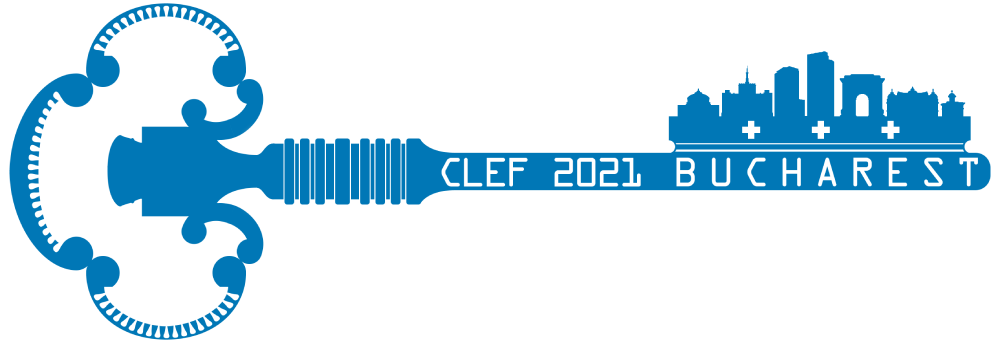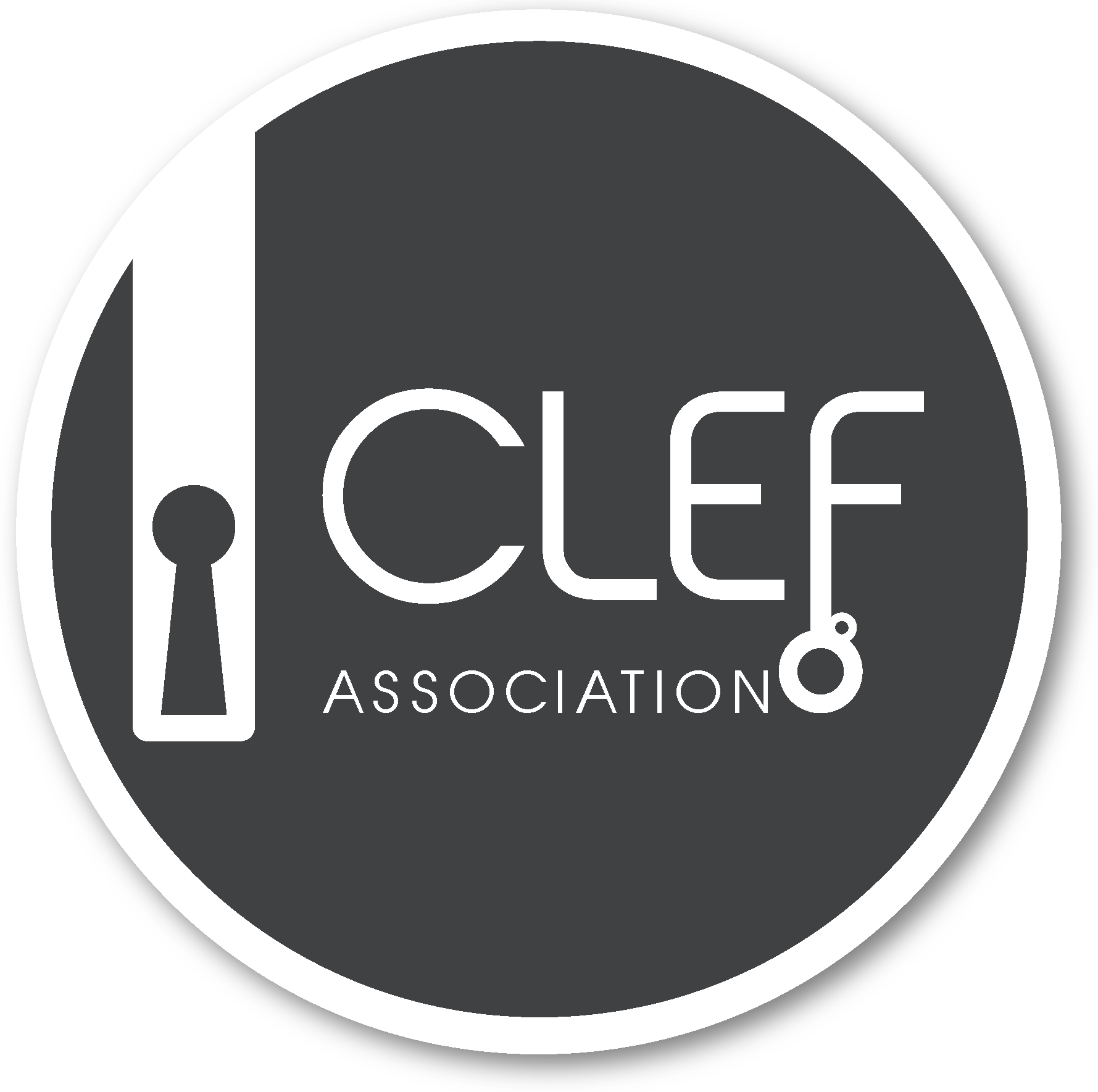| September 22 |
| 10:00-11:30 |
CLEF Session: Lab overviews (BioASQ, ARQMath-2, SimpleText, PAN) |
| 11:30-13:00 |
Keynote & Lab Session, Chair: Paolo Rosso |
| 11:30-12:30 |
Keynote: Generalisation in Social Media Research: from Fact Verification to Hate Speech
Detection
Arkaitz Zubiaga |
| 12:30-13:00 |
Overview of the Profiling Hate Speech Spreaders on Twitter Task at PAN 2021 |
|
|
| 15:30-17:00 |
Lab Session: Profiling Hate Speech Spreaders on Twitter, Chair: Francisco Rangel |
| 15:30-15:40 |
Best system award of Profiling Hate Speech Spreaders on Twitter |
| 15:40-17:00 |
Participant presentations |
|
Detection of hate speech spreaders using convolutional neural networks
Marco Siino, Elisa
Di Nuovo, Ilenia Tinnirello, Marco La
Cascia |
|
Deep Modeling of Latent Representations for Twitter Profiles on Hate Speech Spreaders
Identification
Roberto Labadie, Daniel
Castro-Castro, Reynier Ortega Bueno |
|
HaMor at the Profiling Hate Speech Spreaders on Twitter
Mirko Lai, Marco Antonio
Stranisci, Cristina Bosco, Rossana Damiano, Viviana Patti |
|
Multi-level stacked ensemble with sparse and dense features for hate speech detection on Twitter
Darko
Tosev, Sonja Gievska |
|
|
| 17:30-19:00 |
Keynotes, Chair: Martin Potthast |
| 17:30-18:00 |
Industry Talk: Author Profiling at Symanto - Build Emotional Connection with your Customers at
Scale
Francisco M. Rangel Pardo |
| 18:00-19:00 |
Keynote: Detecting and Rewriting Socially Biased Language
Maarten Sap |
| September 23 |
| 15:30-17:00 |
Keynote & Lab Session: Style Change Detection, Chair: Eva Zangerle |
| 15:30-16:00 |
Keynote: Completing the Multi-Authorship Jigsaw Puzzle
Harry Scells |
| 16:00-16:30 |
Overview of the Style Change Detection Task at PAN 2021 |
| 16:30-17:00 |
Participant presentations |
|
Style Change Detection Based On Writing Style Similarity
Zhijie Zhang, Zhongyuan Han,
Leilei Kong, Xiaogang Miao, Zeyang Peng, Jieming Zeng, Haojie Cao, Jinxi Zhang, Ziwei Xiao and
Xuemei Peng |
|
Writing Style Change Detection on Multi-Author Documents
Rhia Singh, Janith Weerasinghe
and Rachel Greenstadt |
|
Style Change Detection on Real-World Data using an LSTM-powered Attribution Algorithm
Robert
Deibel and Denise Loefflad |
|
|
| 17:30-19:00 |
Lab Session: Style Change cont'd & Authorship Verification, Chair: Ilia Markov |
| 17:30-17:40 |
Style change detection using Siamese neural networks
Sukanya Nath
CANCELLED
|
| 17:40-18:00 |
Overview of the Authorship Verification Task at PAN 2021 |
| 18:00-19:00 |
Participant presentations |
|
O2D2: Out-Of-Distribution Detector to Capture Undecidable Trials in Authorship
Verification
Benedikt Bönninghoff, Robert Nickel and Dorothea Kolossa |
|
Graph-based Siamese Network for Authorship Verification
Daniel Embarcadero-Ruiz, Helena
Gómez-Adorno, Ivan Reyes-Hernández, Alexis García and Alberto Embarcadero-Ruiz |
|
Feature Vector Difference based Authorship Verification for Open World Settings
Janith
Weerasinghe, Rhia Singh and Rachel Greenstadt |
|
Authorship Verification with neural networks via stylometric feature concatenation
Antonio
Menta and Ana Garcia-Serrano |













